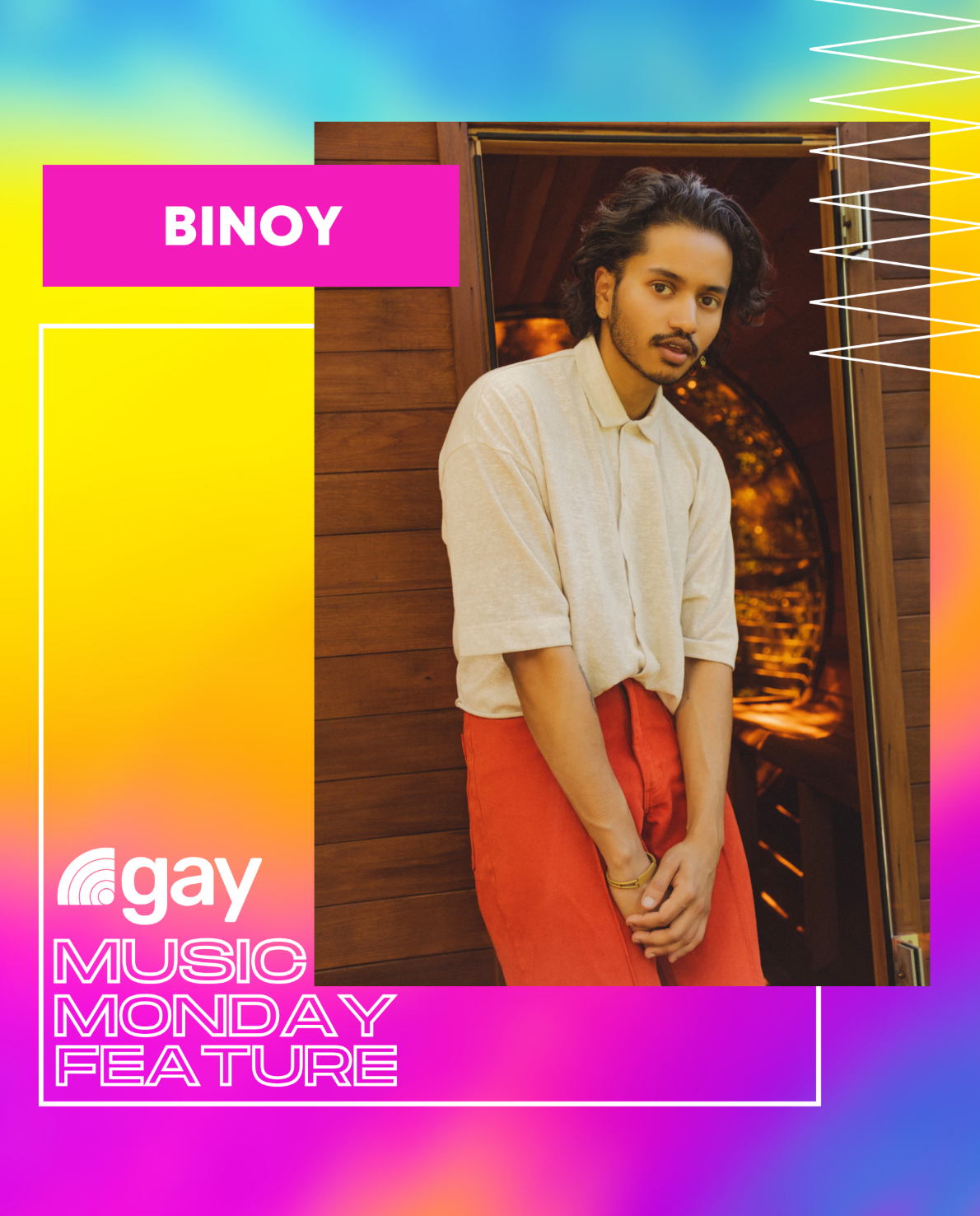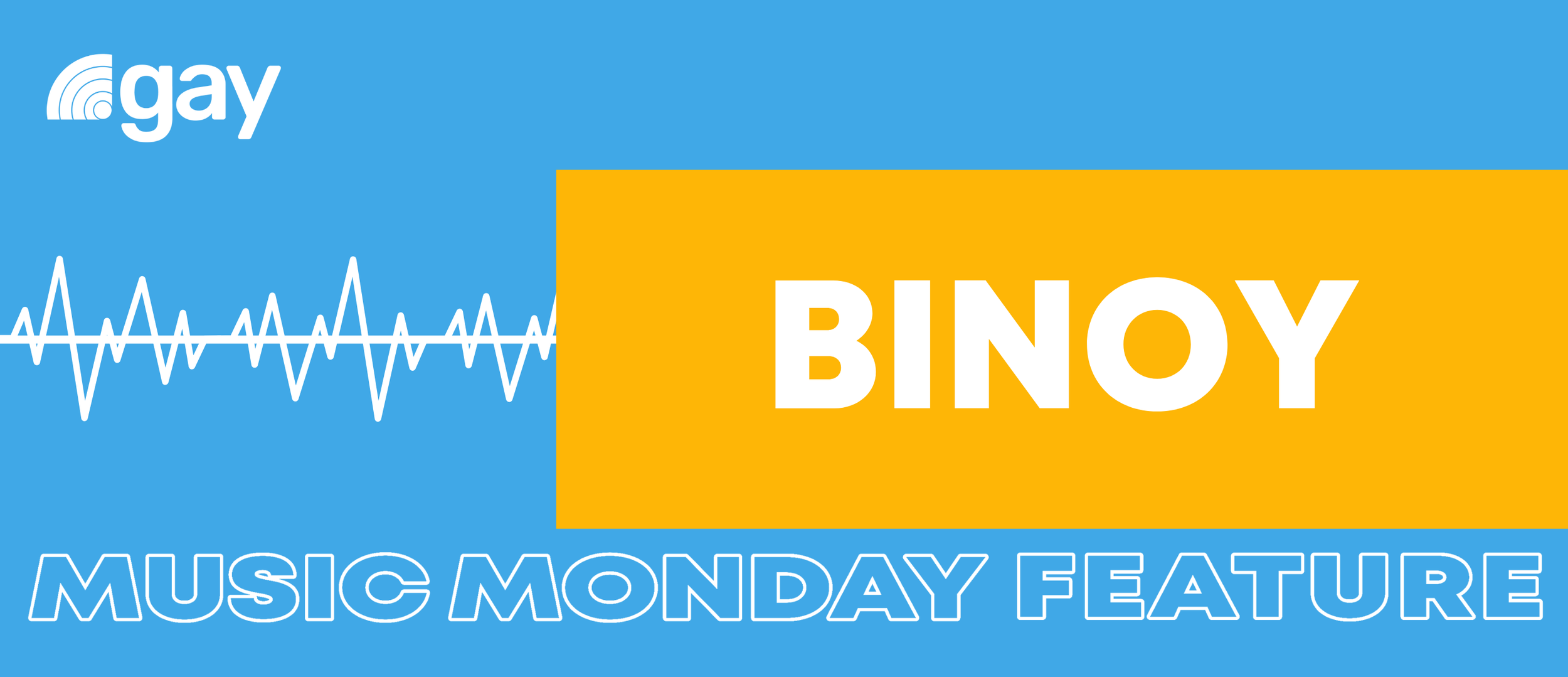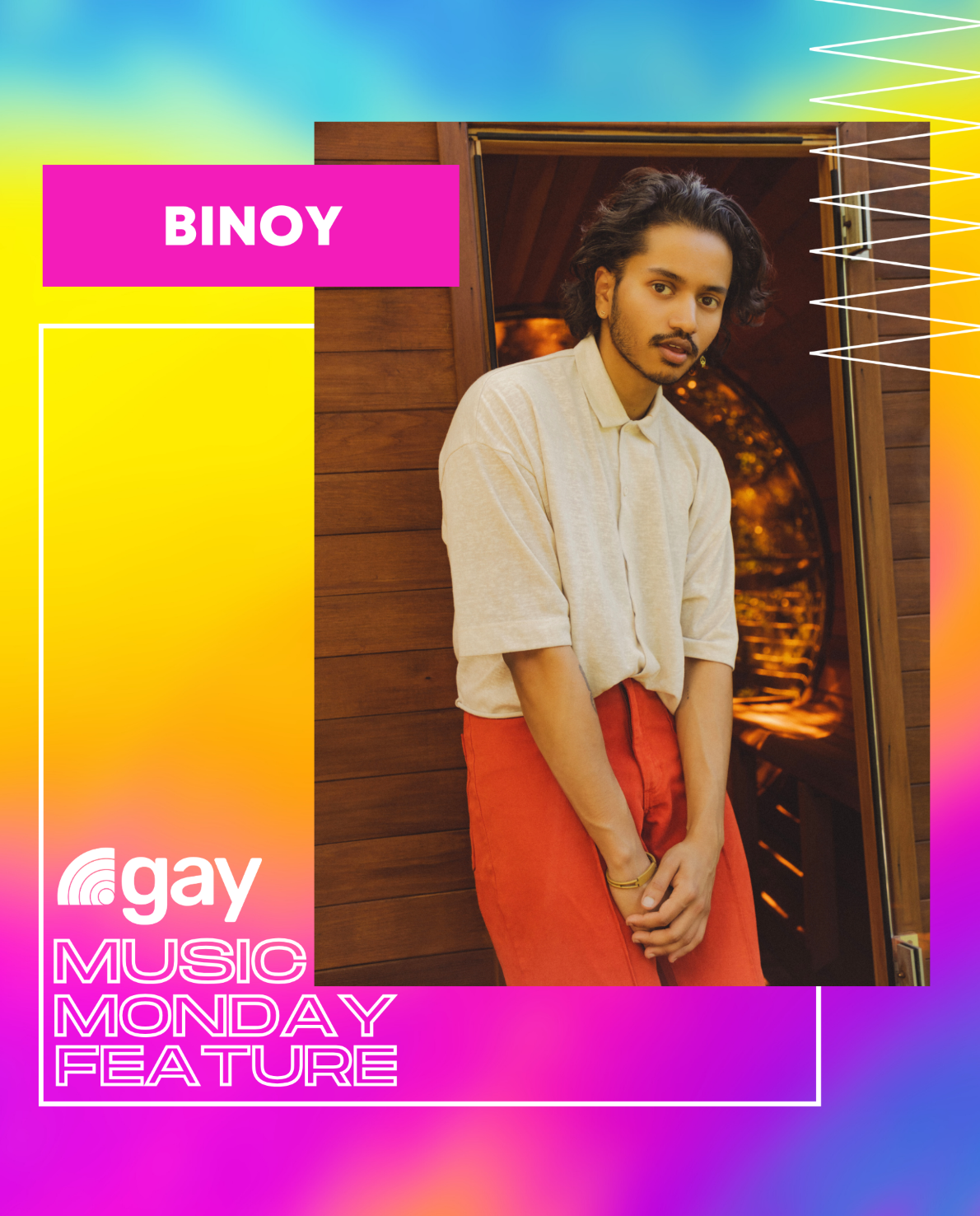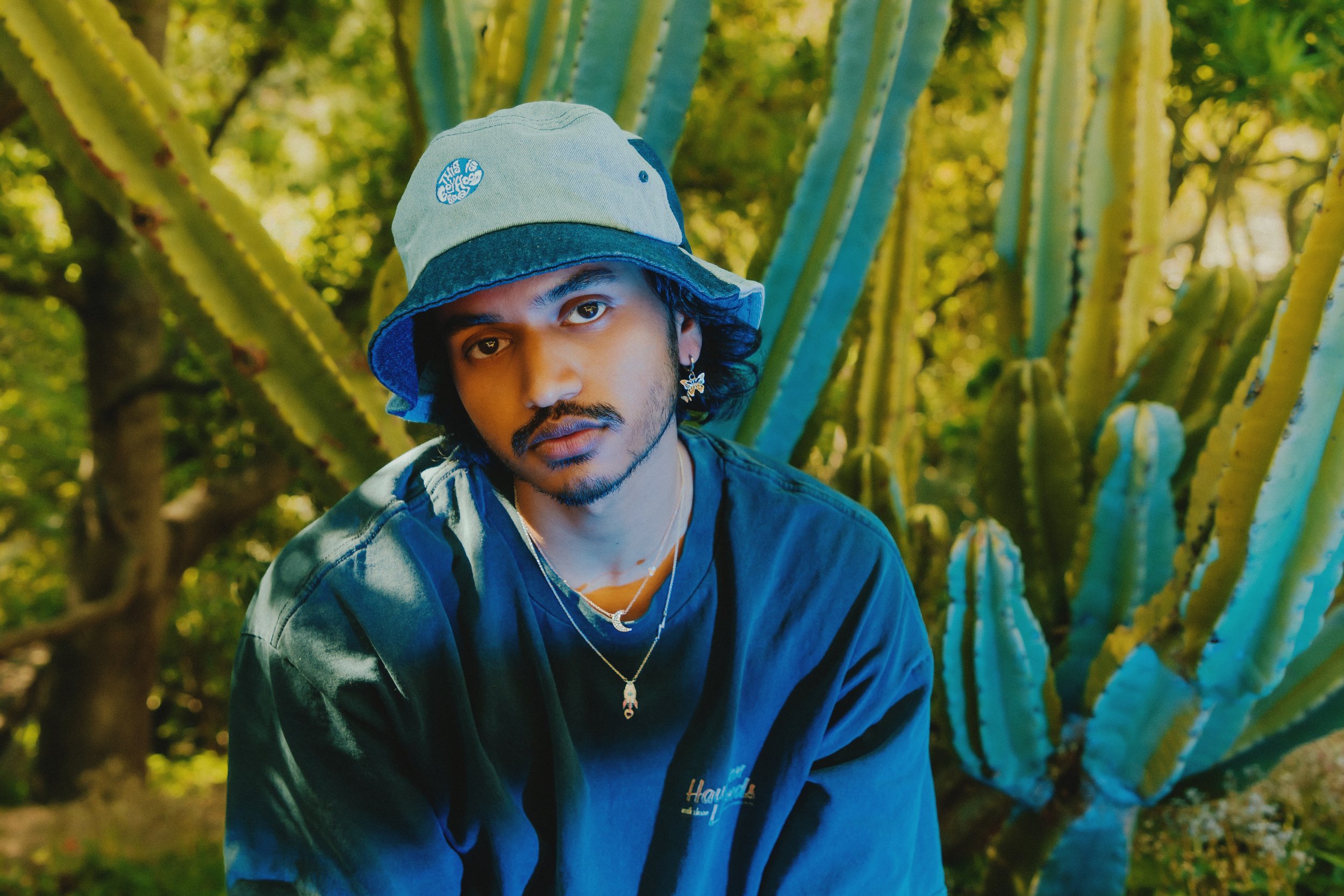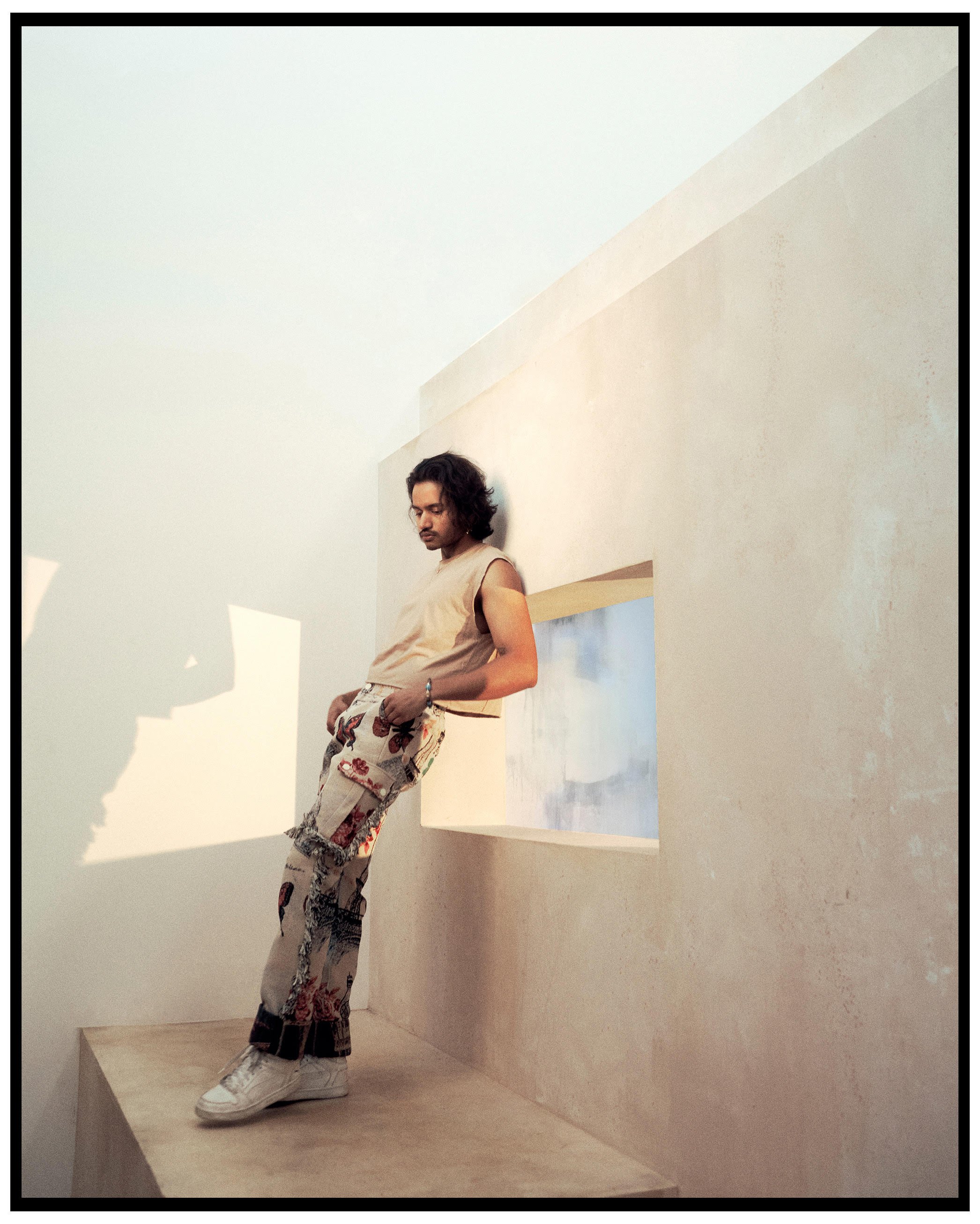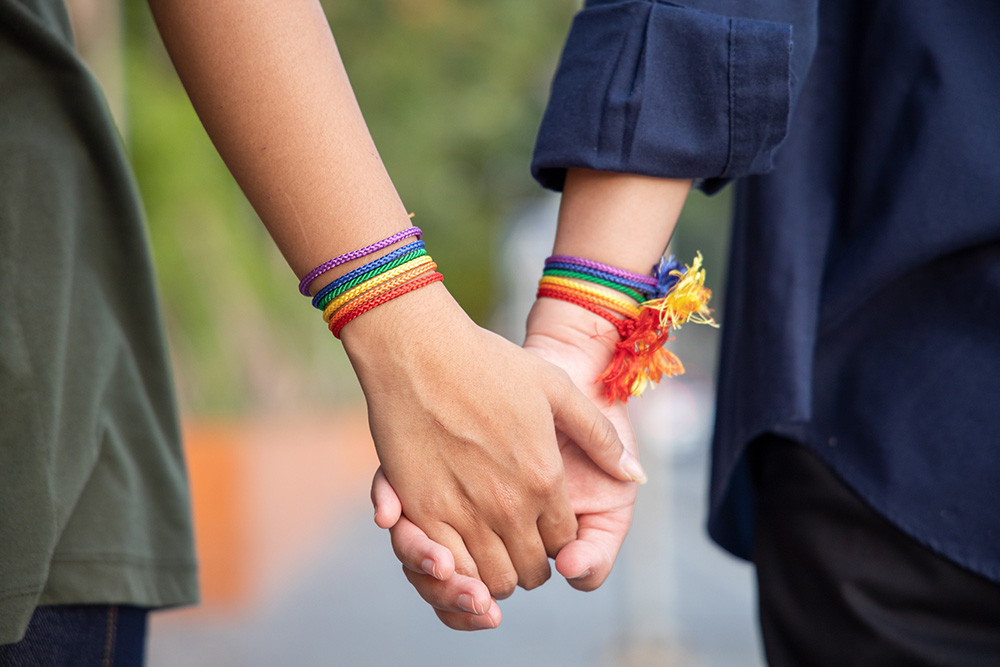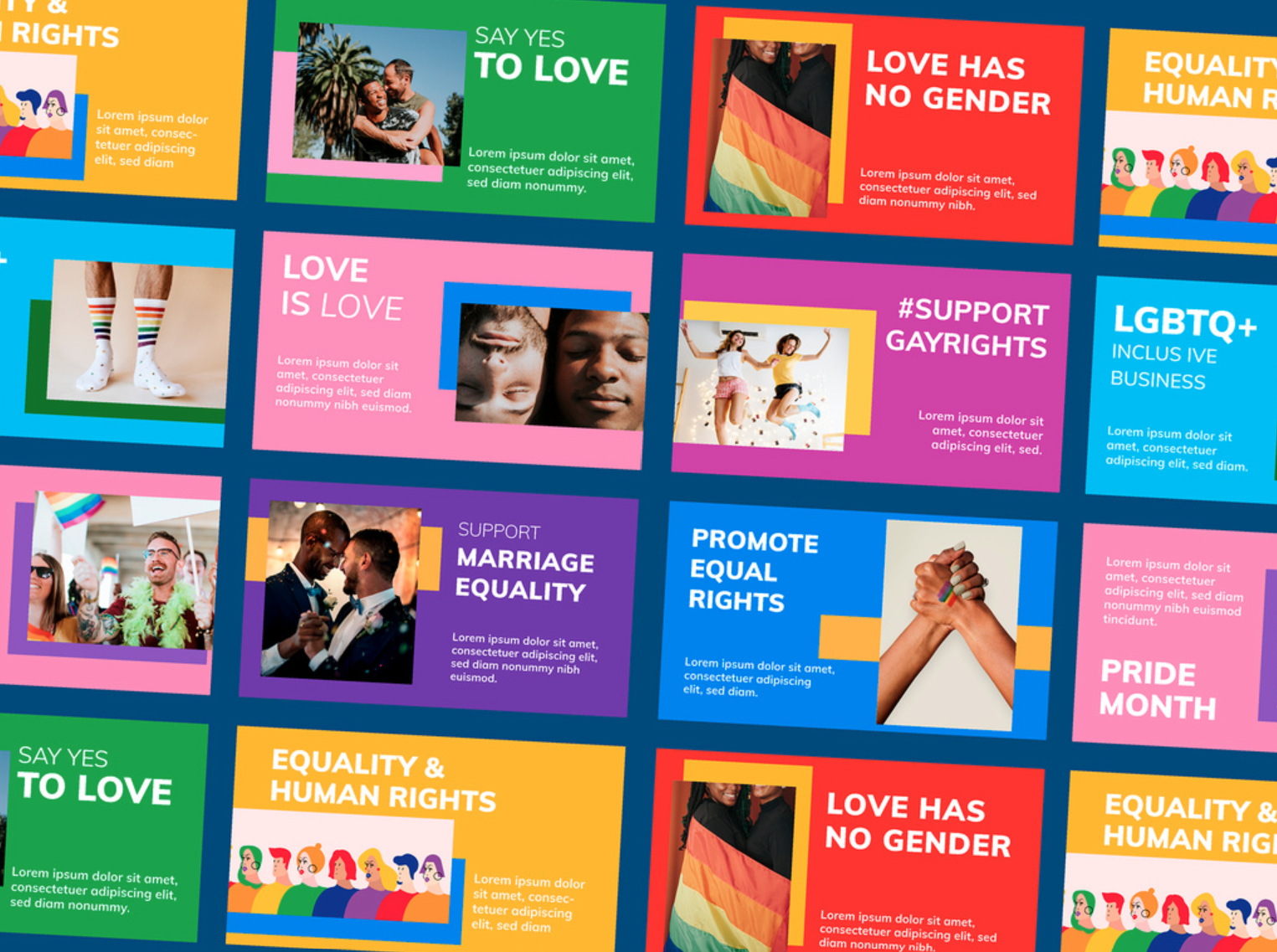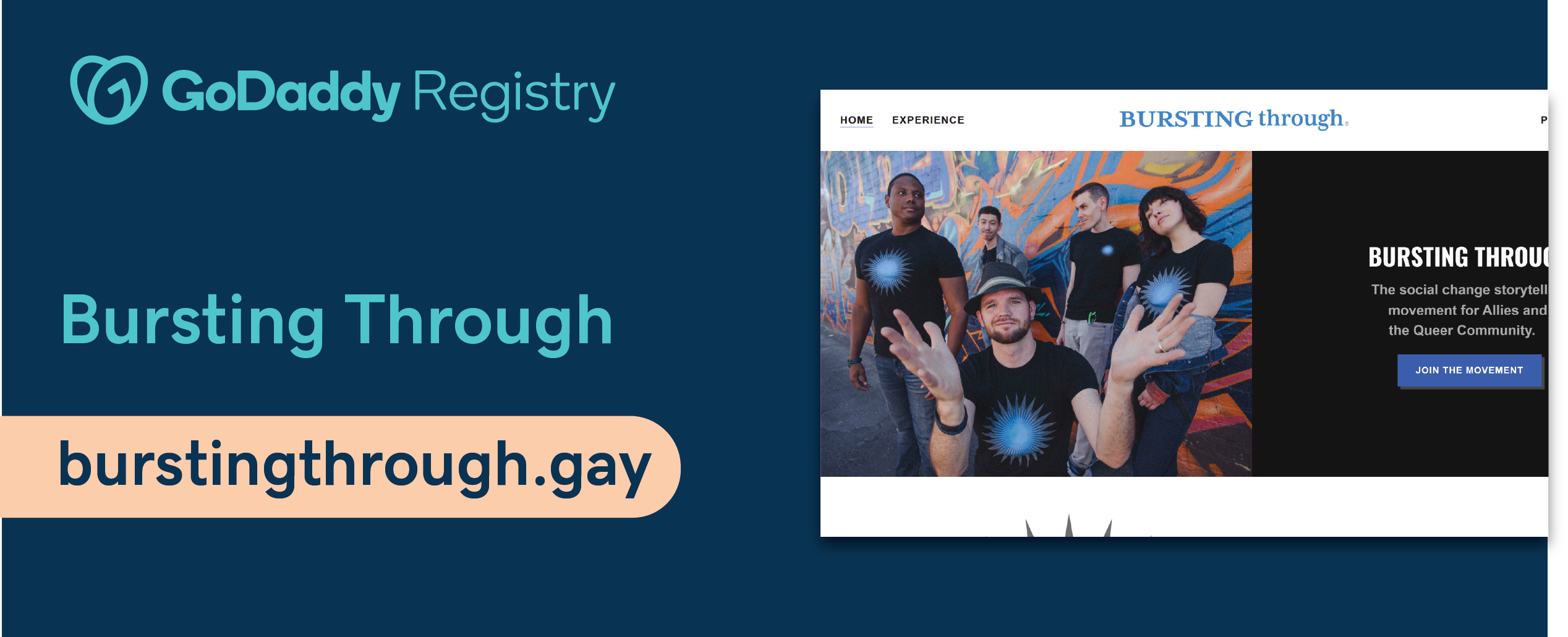How would you describe the music that you typically create?
So I am a pop artist, writer and producer. I consider myself sort of borderless in my approach to music… I always like to say “genre is a construct.” I tend to pull a lot of references from different eras and different parts of the world, really trying to make music that brings to life my experience as a queer person of color. I think growing up, there was really a lack of representation for myself. You know, I never got to see me reflected and represented in any sort of mainstream media. I recognized what the absence of that sort of caused in me. And inadvertently, I think my goal is just to represent my experiences and do so authentically, making sounds and music that I really love.
How does your queerness show up in your work?
When it comes to specifics of the identity, something I think about a lot is this real marriage of softness from feeling ostracized and being misunderstood for a large part of our lives and recognizing what that can do to someone… Like, we are so familiar with that emotion of feeling unwelcome in a space…So I want to always try and be a welcome presence.
But it can also… you know, you have that classic stereotype of, “oh, the gays are super sassy, the gays are just jagged on the edges.” And I think that is true for a lot of people. And I can be that too, you know, as much as I consider myself soft, kindhearted, sweetheart, I can also be a bitch, not intentionally, but, you know, there is just a sense of, okay, I have been fucked with enough in my life and don't fuck with me anymore, you know?
Something that really has happened over these past few years is I've just come more into my own, stepped into my identity a lot more, became a lot more empowered. It's started to seep its way into my art, which is for me, just a really clear example of the fact that I am very proud about my identity and I've worked very hard to get to that point.
As an LGBTQ+ artist, what do you want to convey with your music?
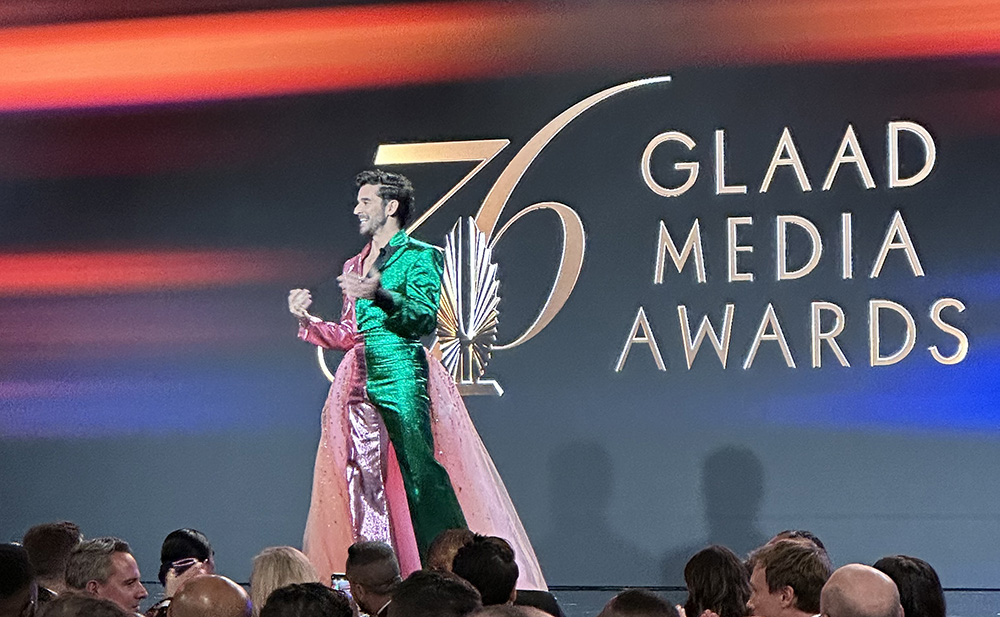
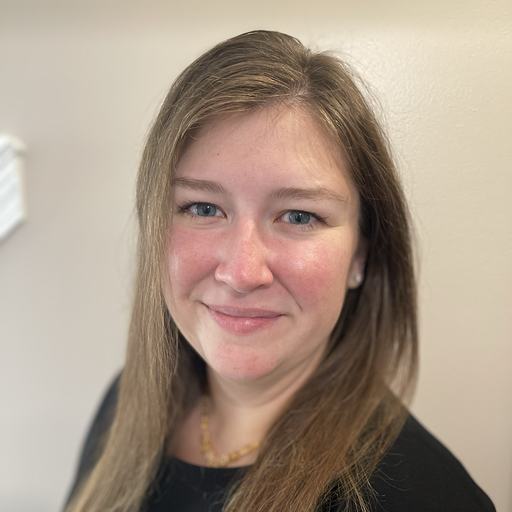 Liz Achanta
Liz Achanta

